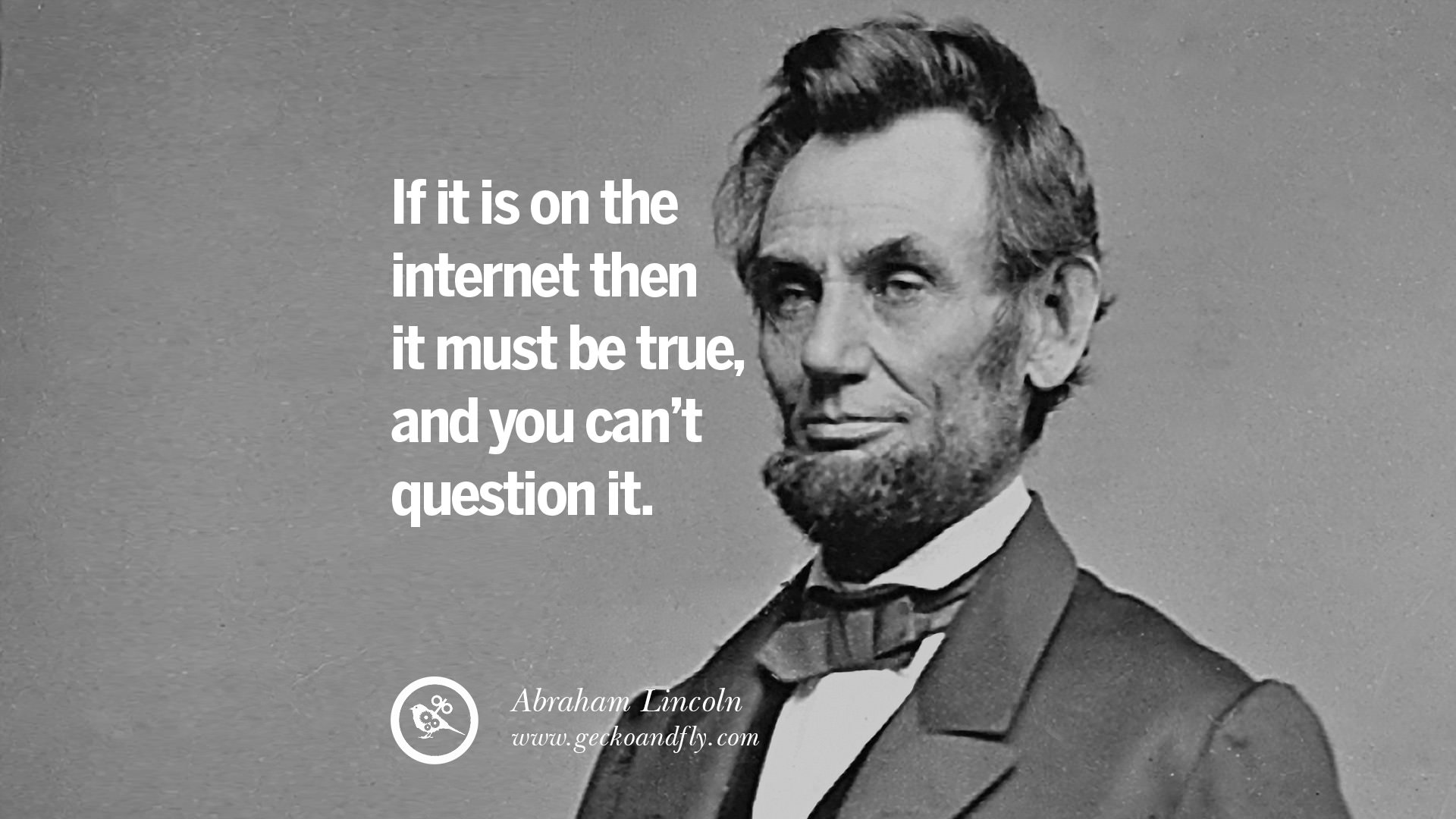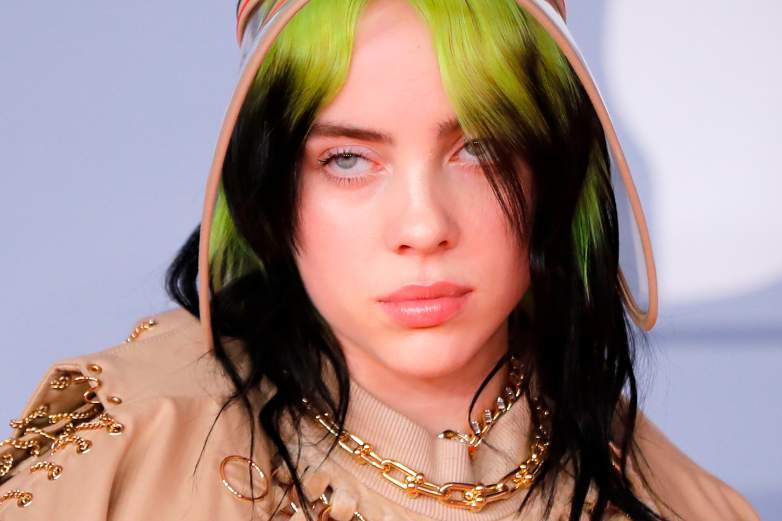Hey there, music lovers and fact-checkers! If you've been scrolling through your social media feeds lately, chances are you've come across some wild claims about Billie Eilish. From outlandish rumors about her personal life to baseless accusations about her music, fake news about Billie Eilish is everywhere. But what’s real and what’s not? Let's dive deep into this topic and separate fact from fiction.
Billie Eilish, the young phenom who's taken the world by storm, has become a magnet for fake news. Her massive popularity and influence have made her a target for clickbait articles, conspiracy theories, and misinformation. In today's digital age, where information spreads faster than wildfire, it's crucial to know how to spot fake news and protect yourself from being misled.
So, whether you're a die-hard Billie fan or just curious about the buzz surrounding her, this article will guide you through everything you need to know about fake news related to Billie Eilish. Let's get started, shall we?
Read also:David Mccallum The Iconic Journey Of A Versatile Actor
Before we jump into the juicy details, let's take a quick look at the table of contents. This will help you navigate through the article and find exactly what you're looking for. Plus, it's always nice to know what you're getting into, right?
- Billie Eilish Biography
- What is Fake News?
- Fake News About Billie Eilish
- Common Misinformation
- How to Spot Fake News
- Impact of Fake News on Billie Eilish
- Role of Media in Spreading Fake News
- Fighting Fake News
- Billie's Reaction to Fake News
- Conclusion
Billie Eilish Biography
Let’s start with the basics. Who is Billie Eilish, and why does she attract so much attention? Born on December 18, 2001, in Los Angeles, California, Billie Eilish Pirate Baird O'Connell is a singer-songwriter who has taken the music industry by storm. Her unique sound, haunting vocals, and edgy style have made her a global sensation.
Key Facts About Billie Eilish
| Full Name | Billie Eilish Pirate Baird O'Connell |
|---|---|
| Birthdate | December 18, 2001 |
| Birthplace | Los Angeles, California, USA |
| Occupation | Singer, Songwriter |
| Breakthrough Song | "Ocean Eyes" (2015) |
| Awards | Grammy Awards, Billboard Music Awards, and more |
Billie’s rise to fame began with the release of "Ocean Eyes" in 2015, a song written by her brother Finneas O'Connell. Since then, she's released chart-topping albums like "When We All Fall Asleep, Where Do We Go?" and "Happier Than Ever," earning her a massive fan base and critical acclaim.
What is Fake News?
Now that we’ve covered Billie’s background, let’s talk about fake news. What exactly is it, and why does it exist? Simply put, fake news refers to false or misleading information presented as news. It can take many forms, from exaggerated headlines to completely fabricated stories, and it's designed to manipulate public opinion.
In the digital age, fake news spreads like crazy. Social media platforms, websites, and even some mainstream media outlets can contribute to its proliferation. The motives behind fake news vary—some do it for clicks, others for political gain, and some just for the lulz.
Fake News About Billie Eilish
Billie Eilish hasn’t been spared from the fake news machine. In fact, she’s been a frequent target. From absurd claims about her health to baseless accusations about her music, the internet is full of wild stories about her. Here are some examples:
Read also:Discovering The Legacy Of Appalachian State Mountaineers Football A Journey Through Triumphs And Traditions
- Health Rumors: Some fake news sites have claimed that Billie suffers from serious health issues, like cancer or chronic illnesses. These stories are not only false but also cruel.
- Political Accusations: Despite Billie being apolitical in her public life, some fake news articles have accused her of supporting extreme political ideologies. Again, these claims are baseless.
- Relationship Drama: The internet loves drama, and Billie hasn’t been immune. Fake news about her relationships, both real and imagined, circulates regularly.
Why Does This Happen?
Billie’s massive popularity makes her an easy target. Celebrities, in general, attract attention, and fake news creators know that sensational stories about them will get clicks. It’s all about the views, baby.
Common Misinformation
So, what are some of the most common types of misinformation about Billie Eilish? Let’s break it down:
- Fake Quotes: Some websites fabricate quotes attributed to Billie, often to promote an agenda or create controversy.
- Photoshopped Images: Altered images of Billie are used to spread false narratives or create viral moments.
- Conspiracy Theories: From claims about secret agendas to bizarre theories about her music, conspiracy theories about Billie abound.
It’s important to remember that not everything you see online is true. Always verify information before believing it.
How to Spot Fake News
Now that you know what fake news is, how can you spot it? Here are some tips:
- Check the Source: Is the website reputable? Look for credible sources like BBC, CNN, or Rolling Stone.
- Verify the Date: Sometimes old stories are recirculated as new ones. Always check the publication date.
- Look for Multiple Sources: If only one website is reporting a story, it might be fake. Cross-check with other sources.
- Fact-Check: Use websites like Snopes or FactCheck.org to verify claims.
Being a critical thinker is key to avoiding fake news. Trust your gut—if something seems too outrageous to be true, it probably is.
Impact of Fake News on Billie Eilish
So, what’s the big deal? Why does fake news matter? For Billie Eilish, it’s more than just annoying—it’s damaging. False stories can affect her mental health, reputation, and even her career. Imagine having your every move scrutinized and distorted by the internet. It’s exhausting.
Billie has spoken openly about the toll that fame and social media can take on mental health. Fake news only adds to this burden. It’s important for fans and the public to support her by sharing accurate information and calling out misinformation when they see it.
Role of Media in Spreading Fake News
Unfortunately, some media outlets contribute to the spread of fake news. Sensational headlines and clickbait articles can blur the line between fact and fiction. It’s up to consumers to demand better journalism and hold media accountable.
Mainstream media has a responsibility to report the truth. When they fail to do so, they undermine public trust and contribute to the misinformation epidemic.
Fighting Fake News
So, what can you do to fight fake news? Here are some actionable steps:
- Spread Awareness: Educate others about the dangers of fake news and how to spot it.
- Support Credible Sources: Subscribe to and share content from reputable news outlets.
- Report Fake News: Most social media platforms allow users to report false information. Use this feature to help stop the spread.
Together, we can create a more informed and discerning society. It’s not just about protecting Billie Eilish—it’s about protecting everyone from the harmful effects of misinformation.
Billie's Reaction to Fake News
How does Billie Eilish handle the constant barrage of fake news? Surprisingly well, actually. She’s known for her calm demeanor and willingness to address rumors head-on. In interviews, she’s expressed frustration but also understanding of the nature of fame.
Billie’s authenticity shines through in her music and public appearances. She connects with her fans on a personal level, which helps counteract the negative effects of fake news. Her message is clear: be kind, stay true to yourself, and don’t let misinformation bring you down.
Conclusion
And there you have it, folks! Fake news about Billie Eilish is a real issue, but it’s one we can tackle together. By staying informed, verifying information, and supporting credible sources, we can help protect her—and ourselves—from the dangers of misinformation.
So, the next time you come across a wild story about Billie, take a moment to fact-check it. And if you’re a fan, consider sharing this article with others to spread awareness. Together, we can make the internet a better place.
Until next time, keep it real and keep it kind. Billie would approve!

